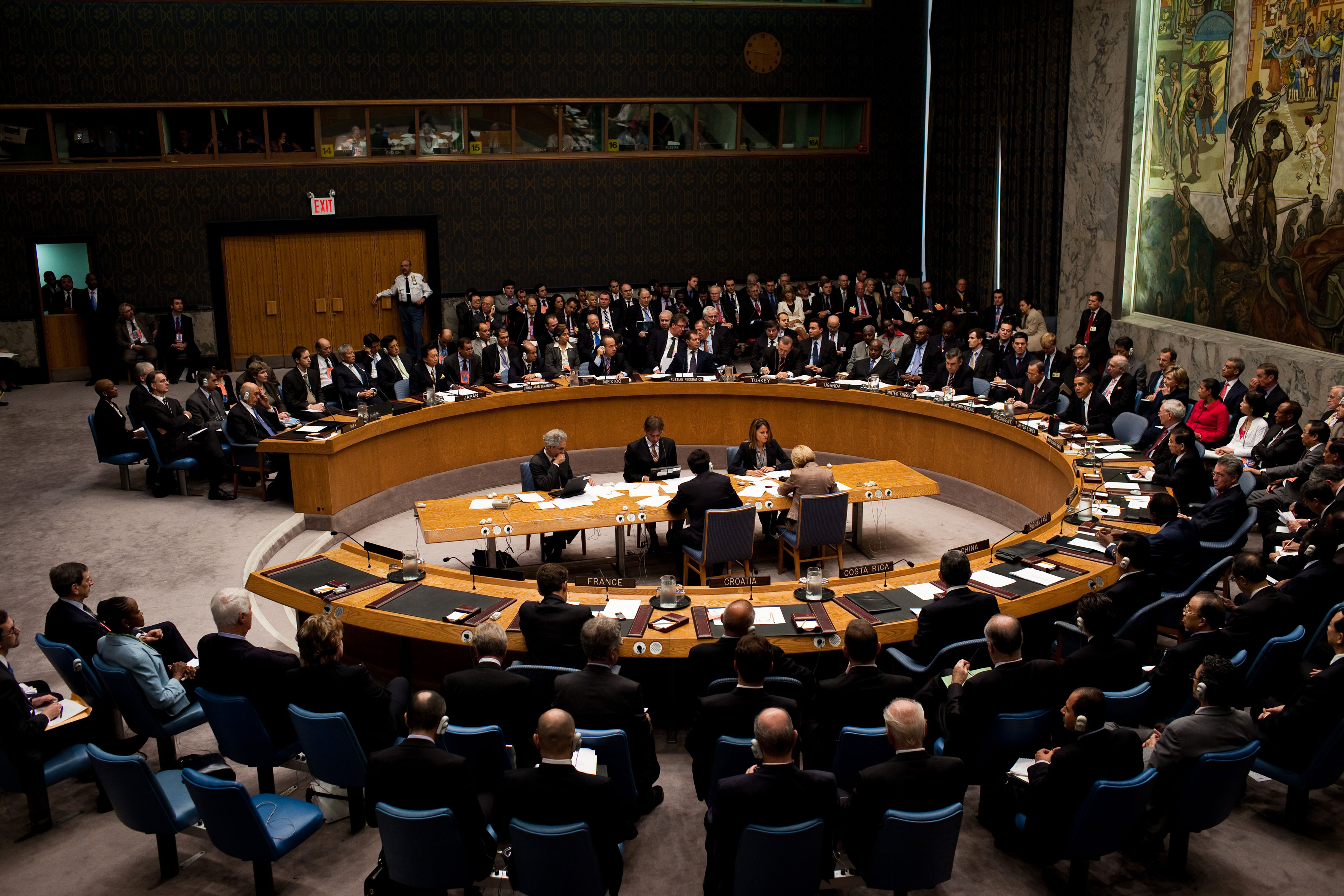Is the world suffering from treaty fatigue?

International Court of Justice jurist James Crawford on the diminishing appetite of nation states to join new or remain in established international agreements
Published 31 October 2017
International Court of Justice jurist James Crawford explains how, with the rise of a new globalised nationalism, it is harder to establish international pacts and conventions, with troubling implications for international laws.
“Negotiating multilateral treaties is a difficult business,” says Judge Crawford, “and it requires a huge investment of effort. The multinational trade agreements that are being concluded often take up to 10 years to negotiate . . . so there’s resistance to entering into new treaties. But it doesn’t mean that the existing system of treaties doesn’t continue to survive and continue to have its effects.”
He adds: “When it comes to the crunch, governments will use these sorts of instruments because they have no alternative. The United States at the same time denigrates the United Nations and uses the United Nations Security Council to impose sanctions on North Korea. So you get a dual process going on of acceptance and rejection which is rather puzzling and rather complicated.”
Presented by Lynne Haultain
Episode recorded 26 September 2017 Producer: Eric van Bemmel Audio engineer: Gavin Nebauer Banner image: Pete Souza / Wikimedia Commons
Subscribe to Up Close through iTunes.

